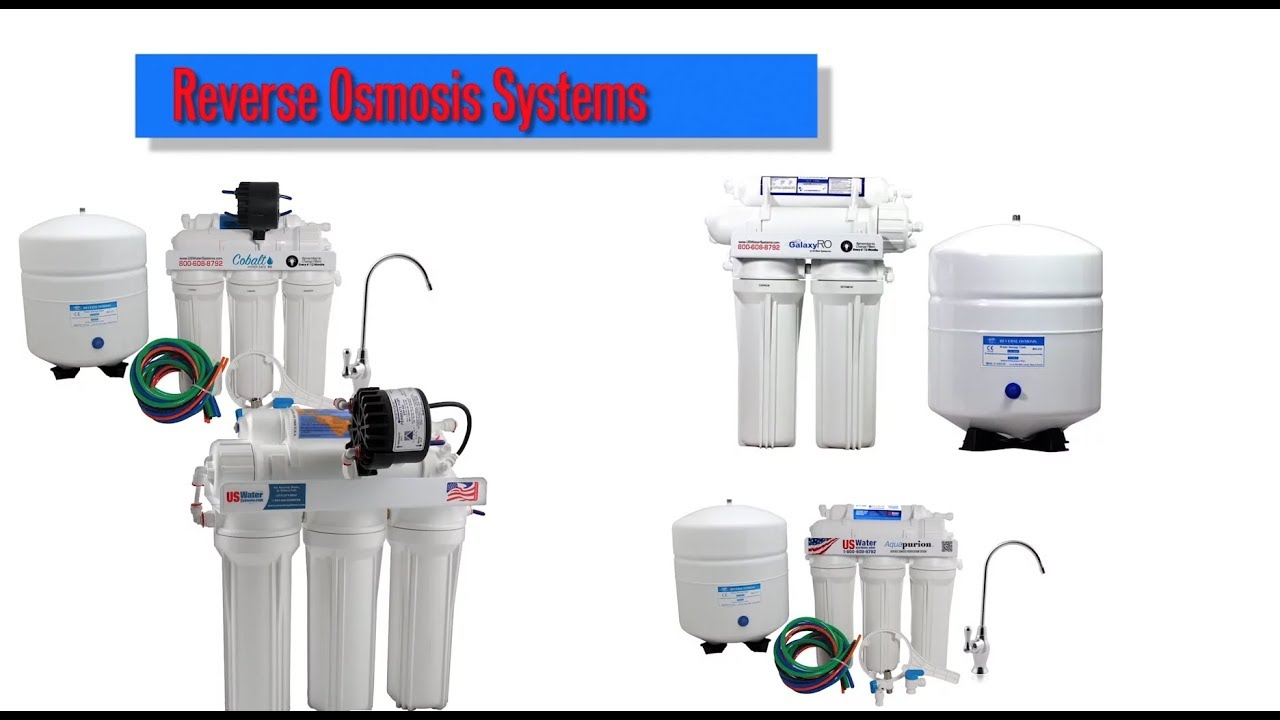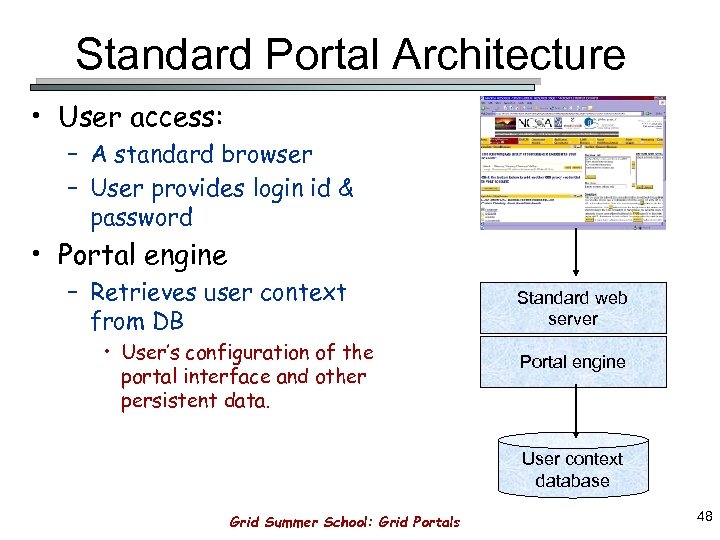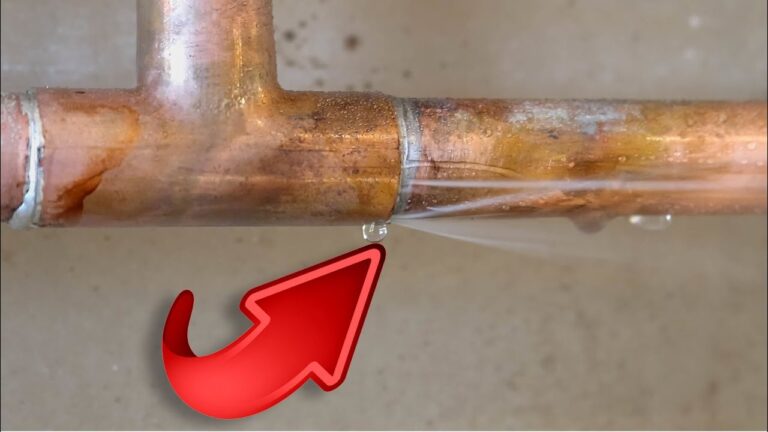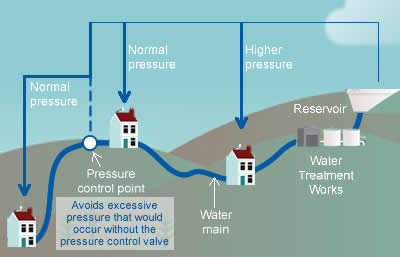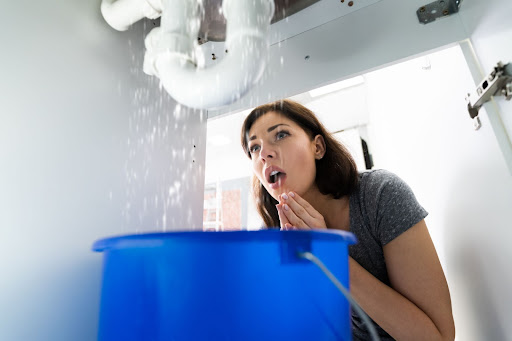How Do You Fix A Water System?
The water system in your home is an important part of your plumbing and can become damaged or malfunction due to a variety of issues. Depending on the cause, there are a few different ways to fix a water system. If you have a leaky pipe, you can usually repair it using a patching kit or by replacing the pipe entirely. If you have a clogged drain, you can use a plunger or a chemical drain cleaner to clear it up. If the water pressure is too low, you can try adjusting the pressure regulator or replacing the water pressure tank. Finally, if the water heater is malfunctioning, you may need to replace it or have it serviced. All of these repairs involve specialized tools and knowledge, so it is usually best to call a professional for help if you don’t feel confident tackling the job yourself.
Identifying the Problem(s)
Water systems can be complex, and it’s important to properly identify the problem before attempting to fix it. For instance, water systems may be suffering from a variety of issues such as pipe corrosion, low water pressure, or a broken pump. If you have a water system that isn’t working properly, the first step should be to accurately identify the problem. This can be done by conducting an inspection, testing the system, and consulting with a professional.
An inspection of the system can help determine if the issue is due to a corroded pipe, a broken pump, or a clog in the line. If the issue is not immediately apparent, then testing the water system can help to identify the source of the problem. Testing can include a flow test, a water pressure test, or a system pressure test.
If the problem still isn’t apparent, consulting with an experienced professional can be helpful. A professional can assess the system, identify the source of the problem, and recommend the best solution for your specific situation. They can also guide preventive maintenance and water system repairs, if necessary.
Identifying the problem in a water system is the most important step in the process of fixing it. Properly diagnosing the issue can help ensure that the best solution is implemented, and can help avoid costly repairs in the future.
Diagnosing the Problem
Having a functioning water system is essential for any home or building. But when something goes wrong, it can be difficult to know exactly what the problem is. The first step to fixing a water system is to diagnose the underlying issue.
If you’re dealing with a leak, for example, the source of the leak needs to be identified. This could be due to a faulty appliance, a plumbing issue, or even an issue with the main water line. You can also check the valves and pressure regulators in your home’s water system to make sure they’re functioning properly.
If there’s an issue with water pressure, it could be due to a clogged pipe or a faulty pressure regulator. You can check the pressure by using a pressure gauge, but it’s important to remember that a pressure gauge won’t tell you what the cause of the problem is.
In some cases, it may be necessary to call in a professional. A plumber or a water system specialist can inspect the system and determine the cause of the issue. They can also provide advice on the best course of action to take to fix the problem.
Diagnosing a water system issue can be a challenge, but it’s important to have a good understanding of the problem before attempting to fix it. By taking the time to identify the cause of the issue, you can ensure that the problem is fixed correctly and quickly.
Choosing the Proper Solution
Making the right decision to fix a water system is critical for the health and safety of your home or business. The best way to do this is to first understand the problem and then look into the different solutions available. There are several options for repairing a water system, from replacing pipes and valves to using sealants and water treatment systems. In addition, there are a variety of products on the market that can help with water system repairs.
When selecting the right solution for your water system, consider the size and scope of the problem, the cost of the repair, the complexity of the system, and the availability of the parts. Additionally, the type of water system you have will determine the type of solution you need. For example, a well water system might require a different solution than a public water system.
It is important to research the products and solutions available before making a decision. Ask your local water authority for advice, read up on the topic, and talk to a professional. Consulting with a qualified contractor or plumber can help you determine the best way to repair your water system and ensure that it is repaired properly and efficiently.
In the end, finding the right solution to fix a water system can be tricky, so it is important to take the time to find the solution that best fits your needs.

Taking the Necessary Steps to Implement the Solution
Having a reliable water system is essential for any household or business. But what happens when something goes wrong? How can you fix a water system that is faulty or damaged?
The first step to fixing a water system is to identify the specific problem. Depending on the issue, this may involve inspecting the pipes and valves or checking the water pressure. If the problem is more complex, it may require calling in a professional plumber to pinpoint the exact source of the issue.
Once the cause of the problem has been identified, the next step is to implement an appropriate solution. This could involve replacing or repairing broken parts, or installing a new system. In some cases, it may be necessary to replace the entire system. It is important to ensure that the replacement parts are of high quality and meet all relevant safety regulations.
Finally, proper maintenance is essential to keep the system functioning properly. This includes checking for leaks, inspecting the pipes and valves, and flushing the system regularly. Regular maintenance will help to ensure that the system remains in good working order for years to come.
By following the necessary steps, you can fix a water system and ensure that it is working properly. With the right tools and knowledge, you can have a reliable and efficient water system in no time.
Testing to Ensure the Problem Has Been Correctly Fixed
Water systems are complex, but when something goes wrong, it’s important to make sure the problem has been correctly fixed. Testing is the best way to ensure that the water system has been properly repaired and is functioning as it should. To properly test a water system, it is important to inspect the pipes, valves, and other components for any signs of damage. Next, the water pressure should be carefully monitored, and the water should be tested for contaminants. Finally, the system should be tested for any leaks and the pressure should be checked to ensure that it is adequate for the system. With these steps, a homeowner can be confident that their water system has been correctly repaired and is in proper working order.
Routine Maintenance and Upkeep of the System
Water systems are complex and require regular maintenance and upkeep to keep them running optimally. It’s important to stay on top of system maintenance to ensure that the system is functioning properly and safely. The most common way to maintain a water system is to inspect the system regularly for any signs of damage or wear. This includes checking for any leaks, blockages, or other issues that could affect the system’s overall performance. If any problems are detected, it’s important to take action immediately to prevent further damage. Additionally, it’s important to ensure that the system is properly flushed out and cleaned regularly to prevent any buildup of sediment or other debris. Furthermore, any filters should be checked and replaced regularly to ensure that the system is running efficiently. Finally, it’s essential to test the system regularly to ensure that it is providing clean and safe drinking water for your home or business. Regular maintenance and upkeep of the system is essential for keeping it running smoothly and efficiently, while also providing clean and safe drinking water.
FAQs About the How Do You Fix A Water System?
1. What should I do if my water system is not working?
Answer: If your water system is not working, you should first check for any potential problems with the pipes, fixtures, and valves. If there is no obvious issue, you should consider calling a plumber to diagnose and repair the problem.
2. How do I know if there is a water system leak?
Answer: If your water bill has suddenly increased, it could be a sign of a water system leak. You can also check your water meter for any sudden spikes in usage, or look for damp spots on walls and floors.
3. Is it safe to attempt water system repairs on my own?
Answer: It is not recommended to attempt water system repairs on your own. It is best to leave it to a professional plumber, who is trained to diagnose and repair water systems safely and effectively.
Conclusion
Ultimately, fixing a water system can be a difficult and complex process, depending on the type of system you have, the extent of the damage, and the resources available. Consulting with a professional can be the best way to ensure that the job is done correctly and safely. With the right knowledge, tools, and help, you can ensure that your water system is fixed properly and quickly, so you can get back to enjoying the convenience of a functioning water system.

